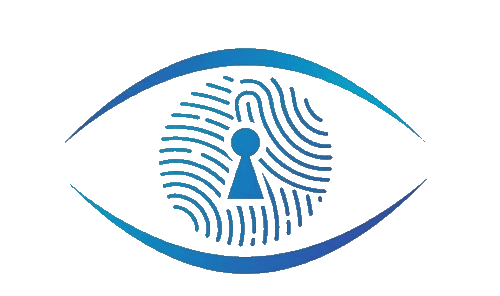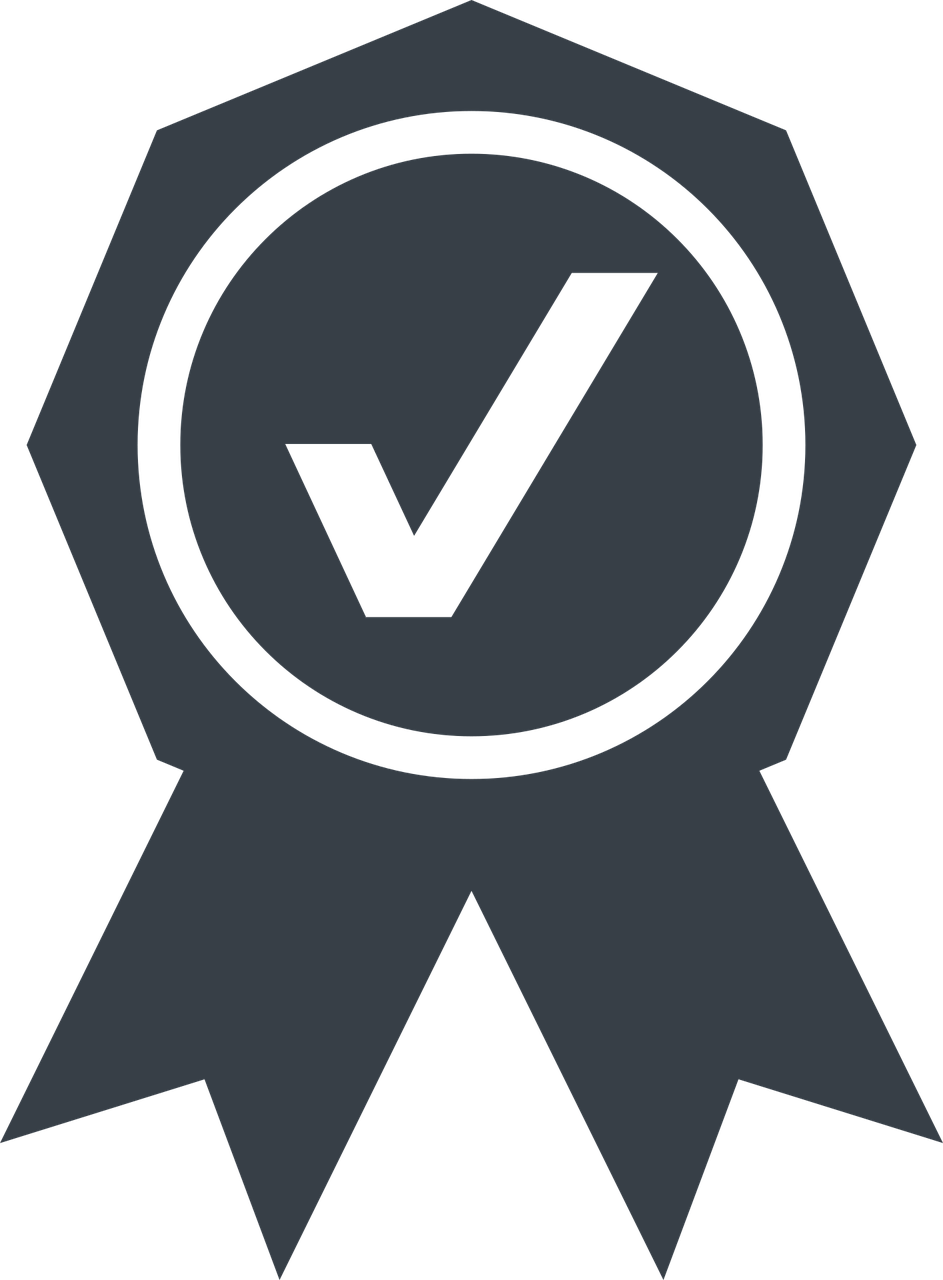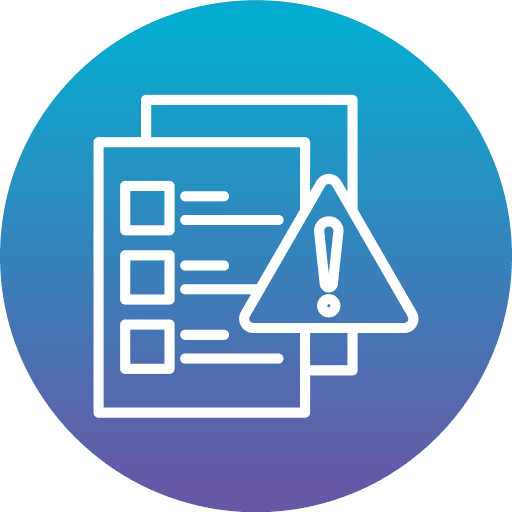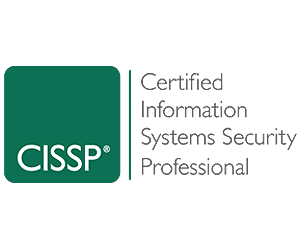As the EU strengthens its stance on cybersecurity, the Cybersecurity Act (EU) has become a critical regulation for companies of all sizes — not just the big players. If you're a small or mid-sized business, the implications are real: whether you're building digital products, offering IT services, or managing data, non-compliance could mean loss of market trust, costly fines, and missed business opportunities.
What is the Cybersecurity Act?
What is the Cybersecurity Act?
Which entities are required to comply with the Cybersecurity Act?
Which entities are required to comply with the Cybersecurity Act?
1. Manufacturers and Vendors of ICT Products and Services
If your company develops, sells, or supplies information and communication technology (ICT) products, services, or processes in the EU, you may need to undergo cybersecurity certification — especially if:
You're working with public sector clients.
Your products are used in critical infrastructure.
You want to prove your trustworthiness in competitive tenders.
2. Managed Service Providers (MSPs) & Cloud Service Providers (CSPs)
Cloud, hosting, and managed service providers offering services to EU-based clients, especially in sensitive sectors, are increasingly expected (or required) to comply with cybersecurity certification schemes aligned with the Act.
3. Suppliers to Government and Regulated Sectors
If you're bidding for contracts with EU institutions, governments, or operating in regulated sectors (like finance, energy, or healthcare), cybersecurity certification may be a prerequisite.
4. Businesses in the Digital Supply Chain
Even if you're a subcontractor, your larger enterprise clients may require your solutions or services to be certified to meet their own compliance needs — making voluntary certification a business enabler.
Important Note:
While certification under the EU Cybersecurity Act is currently voluntary, it can become de facto mandatory through:
Procurement requirements.
Industry standards.
Sector-specific regulations (e.g. NIS2 Directive).










